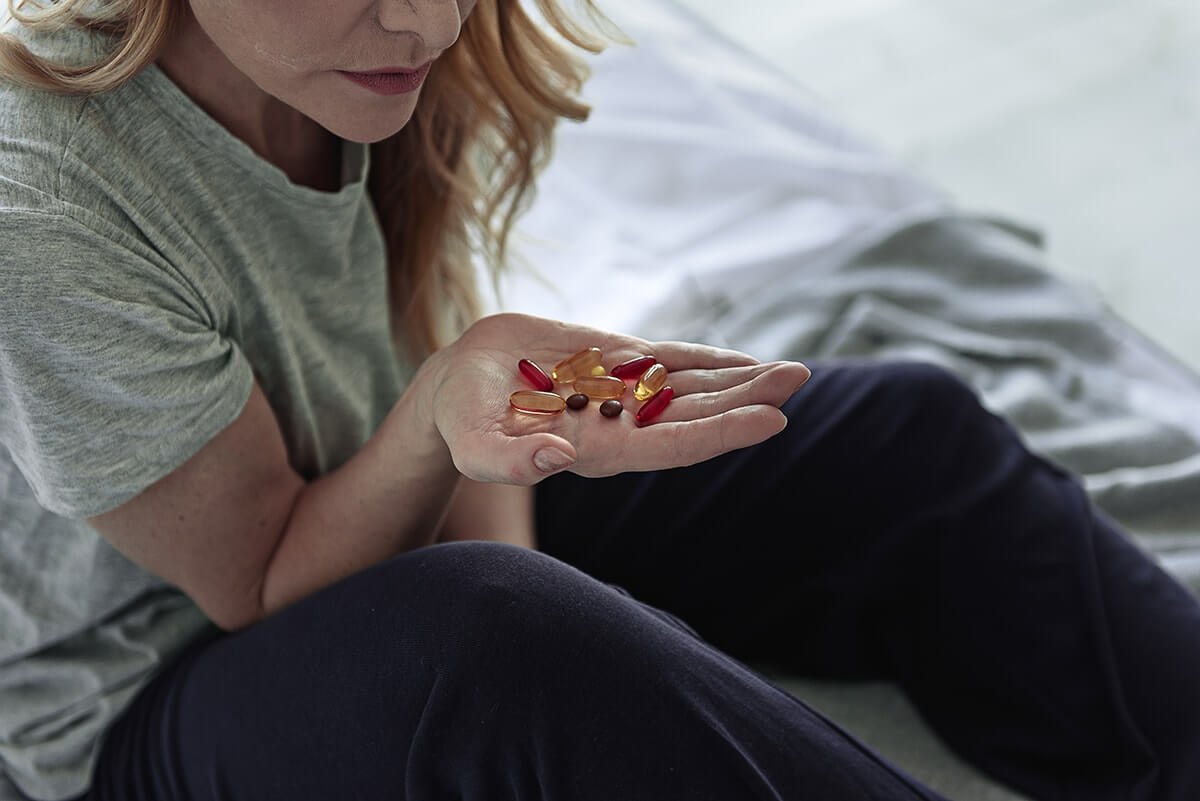The news often reports waves of opioid overdose and arrests made when doctors over-prescribe these medications. But all too often, family members close to those abusing opioids do not see the signs or symptoms of that abuse. This makes it essential to know opioid addiction symptoms, particularly when you must save the life of someone you love. Saving a life starts with opioids drug rehab.
When your loved one suffers addiction to prescription painkillers, do not give up on them. In a quality opioid addiction treatment program in Hawaii, life starts anew. This fresh beginning comes from learning about their addiction and the coping skills needed to stay away from drugs and alcohol. When street drugs in the opioid family take the place of costly opioid pills, the next step is a heroin addiction treatment program Hawaii trusts.
What Are Opioids?
Opioids are man-made drugs that chemically mimic the painkilling effects of opium poppies. This class of medications includes:
- Oxycodone (OxyContin)
- Hydrocodone (Vicodin)
- Morphine
- Codeine
- Fentanyl
- Percocet
On the street, people call their opioids by a range of nicknames. These include OCs, oxy, perks, and vics. You hear similar street drugs, such as heroin, called smack, junk, horse, and black tar. For more information, consider reaching out to a heroin addiction treatment center near you.
When doctors prescribe opioids for pain, these drugs prove safe if used according to that prescription and for only a limited period of time. But when you use too many of your pills or take the next doses too soon, you risk addiction. Although pills and sublingual film are the most commonly prescribed forms of these painkillers, some people crush their pills to inject or snort them. Injecting or snorting your opioids makes addiction an even more real possibility. If you or a loved one is in need of help, consider a California heroin addiction treatment center.
Signs Your Loved One Abuses Opioids
Signs of opioid abuse are clear if you know what to look for in your loved one’s behavior. Some of the most common telltale signs are drowsiness and confusion, usually taking place with heroin nods. Heroin nods are behaviors of falling asleep while standing or sitting, often during the middle of a conversation or other activity. The person abusing opioids hangs their head down and seems to doze.
Opioid abuse also causes slow movement, slurred speech, and memory problems. When in the living space or car of someone who uses these drugs in a harmful way, you possibly find drug paraphernalia like needles, spoons, vials, and rubber tubing. Other signs of opioid abuse include mood changes, changed sleep patterns, slowed or stopped breathing, pinpoint pupils, and unconsciousness.
Opioid Addiction Symptoms and Treatment
Opioid addiction symptoms include prolonged use of prescribed painkillers. The person abusing their medication desperately seeks more pills than prescribed, such as through doctor shopping, convincing their doctor they lost their pills or even theft. They spend most of their time in drug-seeking, using, and recovery behaviors.
Other opioid addiction symptoms include wanting to quit using the drugs but not being able to do so on their own. They have a strong desire to use more and more of their drugs and let other responsibilities and interests slip. They miss school, work, and family events. Isolation is a big problem of opioid addiction, as being alone gives people the chance to use their drugs and recover without others bothering them to quit.
Quality treatment for opioid addiction symptoms involves getting to the root of substance abuse. The best treatment includes detox, a rehab program, and aftercare as part of a heroin addiction treatment program in Hawaii. If you suspect your loved one abuses opioids or suffers addiction, get the help they need today.







